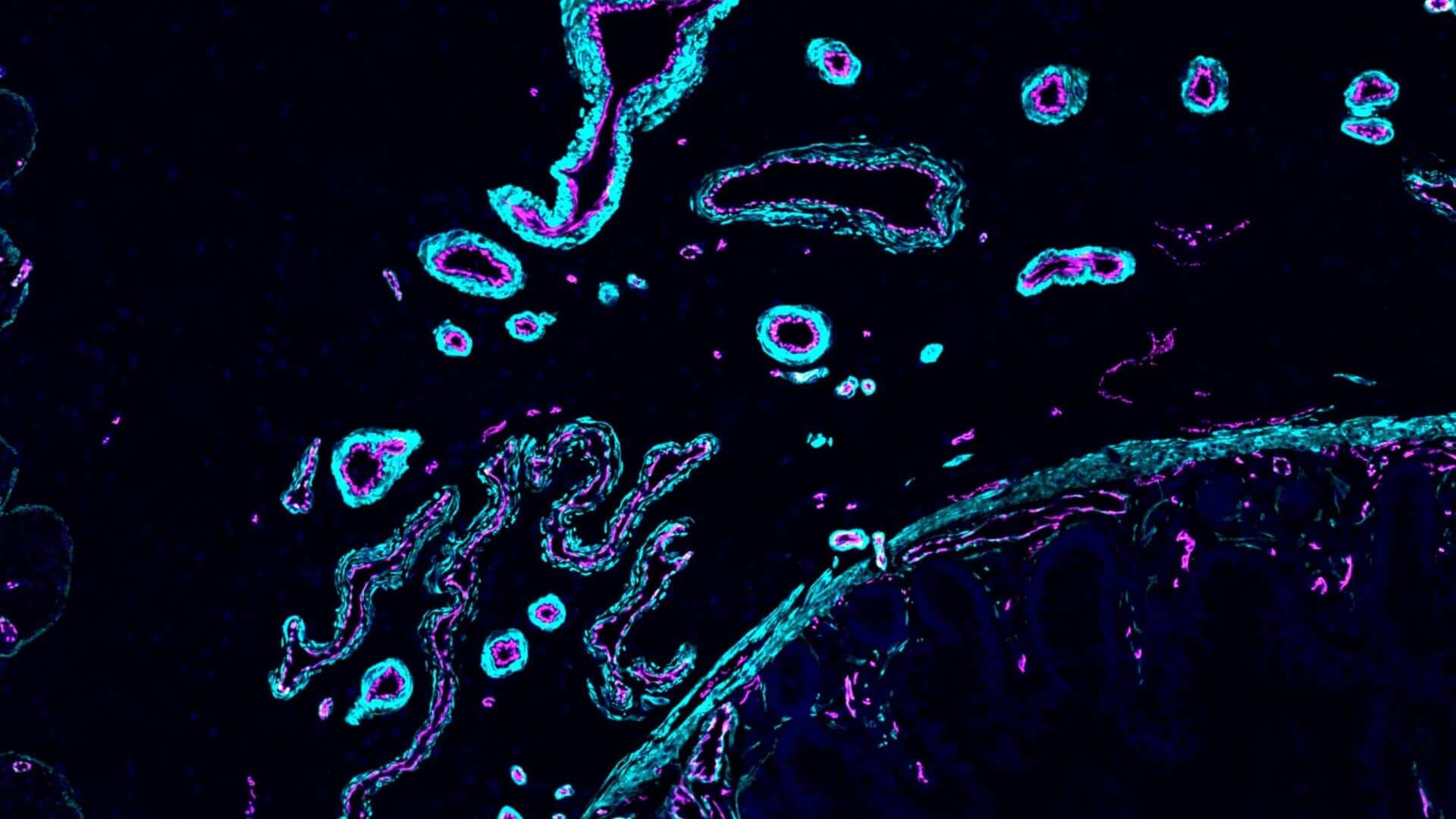
Scientists map trillions of human body cells to decode diseases
What's the story
A team of international scientists has taken a giant leap in mapping the human body's estimated 37.2 trillion cells. The groundbreaking research, led by the Human Cell Atlas (HCA), involves experts from various fields including biology, medicine, computer science, engineering, ethics, law, education, funding, and social work. The preliminary map focuses on specific body parts such as the mouth, stomach intestines, and bones.
Health implications
Cell map: A tool to understand health issues
Though the cell map is still in its early days, it is already giving scientists a lot of valuable information. It could change the way we understand diseases that impact our cells, like cancer. Published in Nature magazine, the map shows the different types of cells in our body and how they are connected. Aviv Regev, co-chair of the HCA consortium working on the research, said "when things go wrong in our bodies, it starts with our cells."
Project expansion
Future plans and challenges for the cell map project
By 2026, the HCA hopes to expand this map to 18 organs including skin, heart, and breasts. However, the project faces challenges in identifying and collecting samples from diverse populations due to factors like geographic location and diverse ancestries. To tackle these issues, HCA has set up a task force to develop strategies for representing diversity, collecting metadata and ethically engaging underrepresented groups.
Community involvement
HCA's global outreach and membership
The HCA is actively engaging communities around the world, calling on scientists and anyone interested from different ethnicities, ancestries, and backgrounds to join their efforts. Anyone aged 16 or older who follows HCA's ethical standards can become a member. The consortium currently has 3,679 members from 102 countries across almost all parts of the world.
Cancer research
Cell map's potential impact on cancer research
The cell map could prove especially useful for doctors working with cancer. The study published in Nature said, "It is hoped that the reference maps created by the HCA will help researchers understand whether every person afflicted with a disease—for example, liver cancer—has common biological or cellular changes in the affected organ." Meaning, the cell map could revolutionize how we diagnose and treat different cancers as well as other deadly diseases.